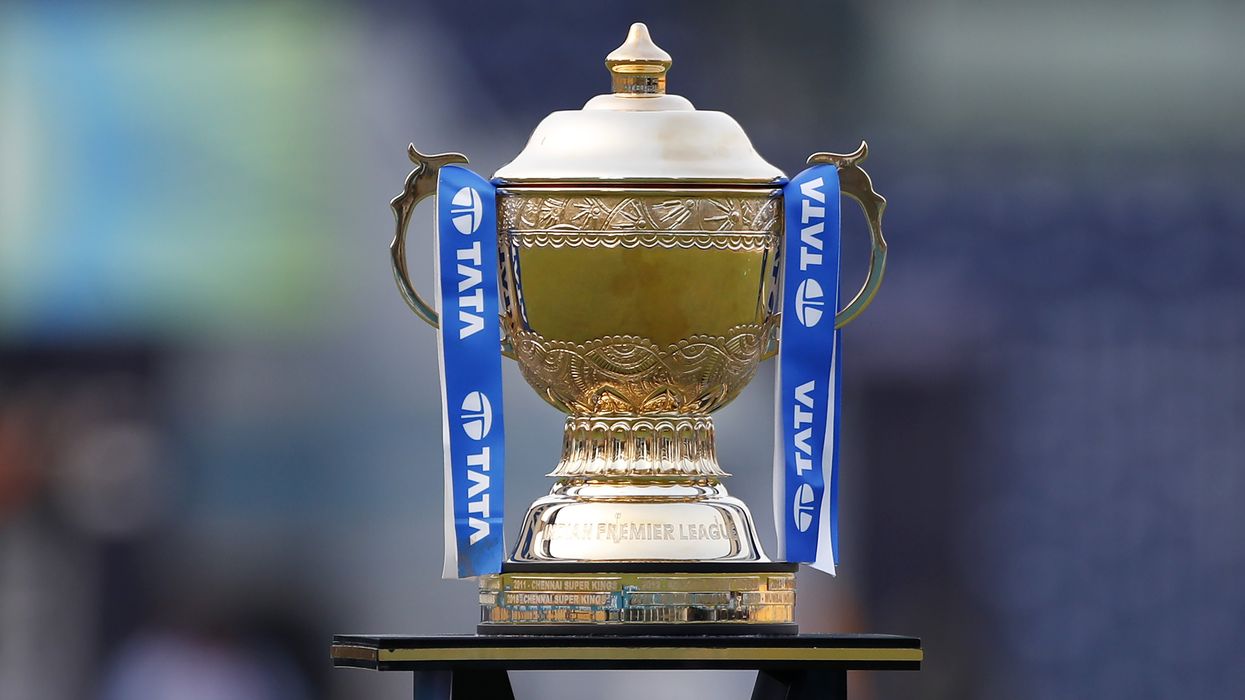The 2025 Indian Premier League (IPL) season is set to begin on Saturday, featuring 10 teams playing 70 league matches over the next eight weeks.
The tournament, which will conclude with the final at Kolkata’s Eden Gardens on 25 May, remains one of the biggest T20 leagues in the world.
This season brings several changes, including new captains, squad reshuffles, and emerging young talent. Rajasthan Royals’ 13-year-old batsman Vaibhav Suryavanshi could become the youngest player in IPL history, while veterans like Virat Kohli, Mahendra Singh Dhoni, and Ajinkya Rahane continue their IPL journeys.
Title contenders and team changes
Defending champions Kolkata Knight Riders will be led by Ajinkya Rahane, replacing Shreyas Iyer. KKR will look to start strong as they face Royal Challengers Bengaluru (RCB) in the opening match at Eden Gardens.
RCB, still searching for their first IPL title, will have Rajat Patidar as their new captain, taking over from Faf du Plessis.
Punjab Kings, another team yet to win the IPL, have secured Shreyas Iyer for $3.17 million and named him captain.
Rajasthan Royals, the first-ever IPL winners in 2008, will have Sanju Samson leading the squad. They begin their campaign against Sunrisers Hyderabad on Sunday.
Chennai Super Kings (CSK) have made a major leadership change, with Ruturaj Gaikwad taking over as captain from Mahendra Singh Dhoni.
The 43-year-old Dhoni, who has won five IPL titles with CSK, remains in the squad. CSK will start their campaign against Mumbai Indians on Sunday.
Mumbai Indians continue with Hardik Pandya as captain despite facing fan backlash after replacing Rohit Sharma last year.
Pandya will, however, miss the first game due to a one-match suspension for a slow over-rate from the previous season.
Lucknow Super Giants made the biggest signing at the auction, acquiring Rishabh Pant for $3.21 million. Pant, returning after a life-threatening accident, will be a key player in the tournament.
Rule changes for IPL 2025
Bowlers will be permitted to use saliva to shine the ball in the upcoming Indian Premier League season, local media reported on Thursday.
The practice, which helps fast bowlers generate late swing by polishing one side of the ball while keeping the other rough, was previously barred in the T20 tournament after the International Cricket Council (ICC) introduced a ban during the pandemic as a precautionary measure.
However, reports on Thursday indicated that the Board of Control for Cricket in India (BCCI) has lifted the restriction for the new IPL season starting Saturday, following approval from a majority of team captains.
"The saliva ban has been lifted. The majority of captains were in favour of the move," a senior BCCI official told the Press Trust of India news agency.
One significant change addresses the impact of dew during evening matches. If on-field umpires determine that dew is significantly affecting play, a fresh ball will be introduced from the 11th over of the second innings. However, this rule will not apply to afternoon games.
Another key update involves the Decision Review System (DRS), which has been expanded to cover height wides and off-side wides.
This change aims to ensure more accurate decision-making for deliveries that fall outside the conventional wide-ball framework.
Kohli’s 18th season and RCB’s title bid
RCB veteran Virat Kohli enters his 18th IPL season still in search of his first title. The 36-year-old, who retired from T20 internationals last year, remains RCB’s key player.
Kohli has led RCB to three finals (2009, 2011, 2016), but the team has never won the trophy.
"It's pretty much come down to just the pure joy, enjoyment, competitive streak, and love for the game. And as long as that is there, I will continue to play," Kohli said. "As of now, everything is fine. I still love playing the game."
Fans hope the number 18, Kohli’s IPL jersey number and the number of years since the league’s inception, brings him luck this season.
RCB’s squad includes overseas stars like Josh Hazlewood, Phil Salt, and Liam Livingstone. Last season, RCB made a late push to the playoffs after a slow start, losing seven of their first eight matches.
Emerging talent and youngest IPL player
One of the biggest stories of the season is 13-year-old Vaibhav Suryavanshi, who was signed by Rajasthan Royals for $130,500. If he plays, he will become the youngest player in IPL history.
"Vaibhav looks very confident. He was hitting sixes out of the ground," Royals captain Sanju Samson said. "People were already talking about his power-hitting. It's all about understanding his strengths, backing him, and being there for him like an older brother."
Rajasthan Royals, mentored by former India coach Rahul Dravid, also signed England pacer Jofra Archer for $1.48 million.
Sunrisers Hyderabad, last year’s runners-up, will be captained by Australian fast bowler Pat Cummins. Their squad includes Travis Head, Adam Zampa, and England’s Brydon Carse. Sri Lankan pacer Eshan Malinga has also joined the attack.
The IPL, launched in 2008, has become one of cricket's most lucrative leagues, generating billions in revenue for the Board of Control for Cricket in India (BCCI).
With new captains, returning veterans, and young talent, the 2025 season promises to be another competitive edition of the tournament.
(With inputs from agencies)





